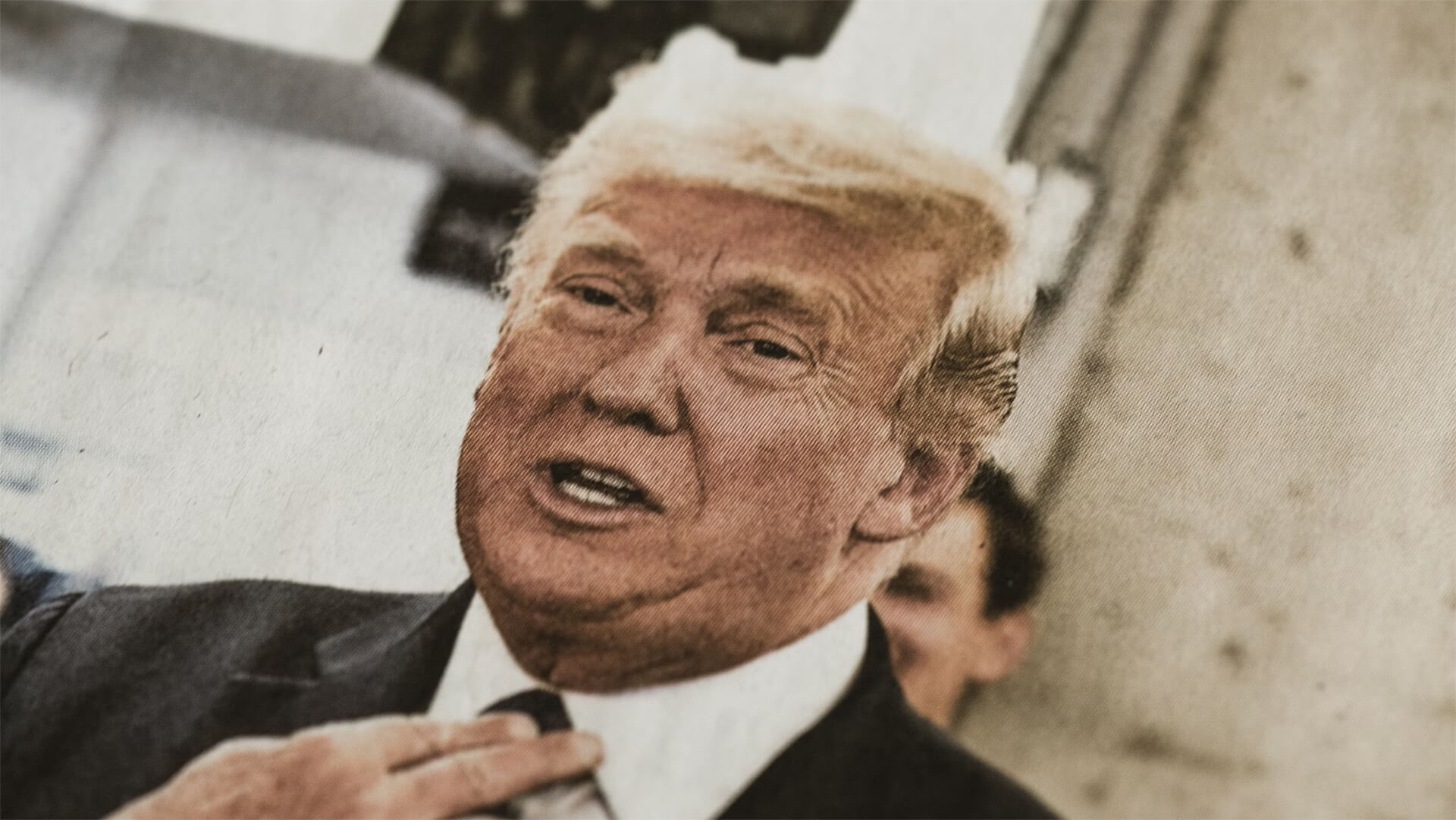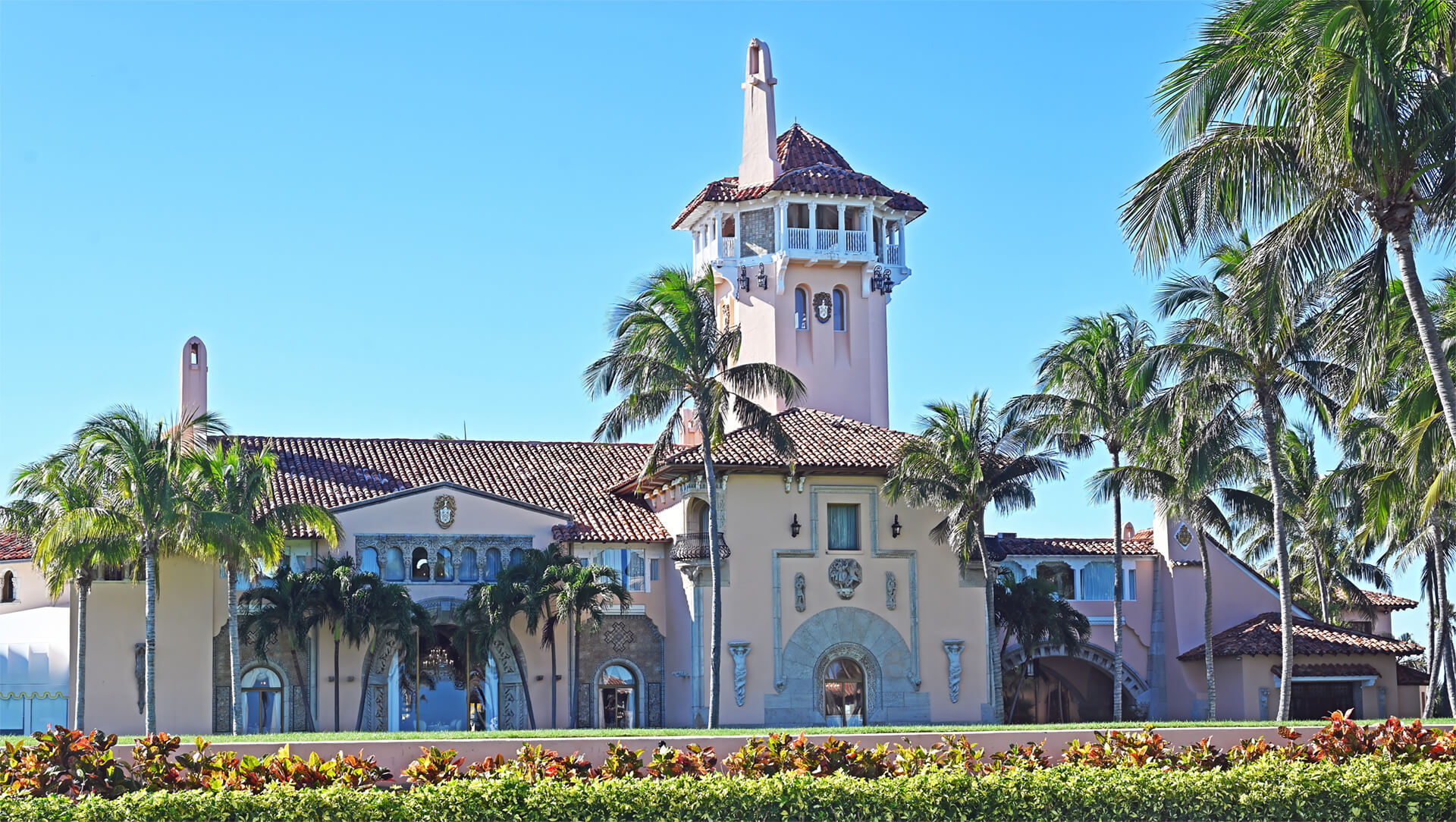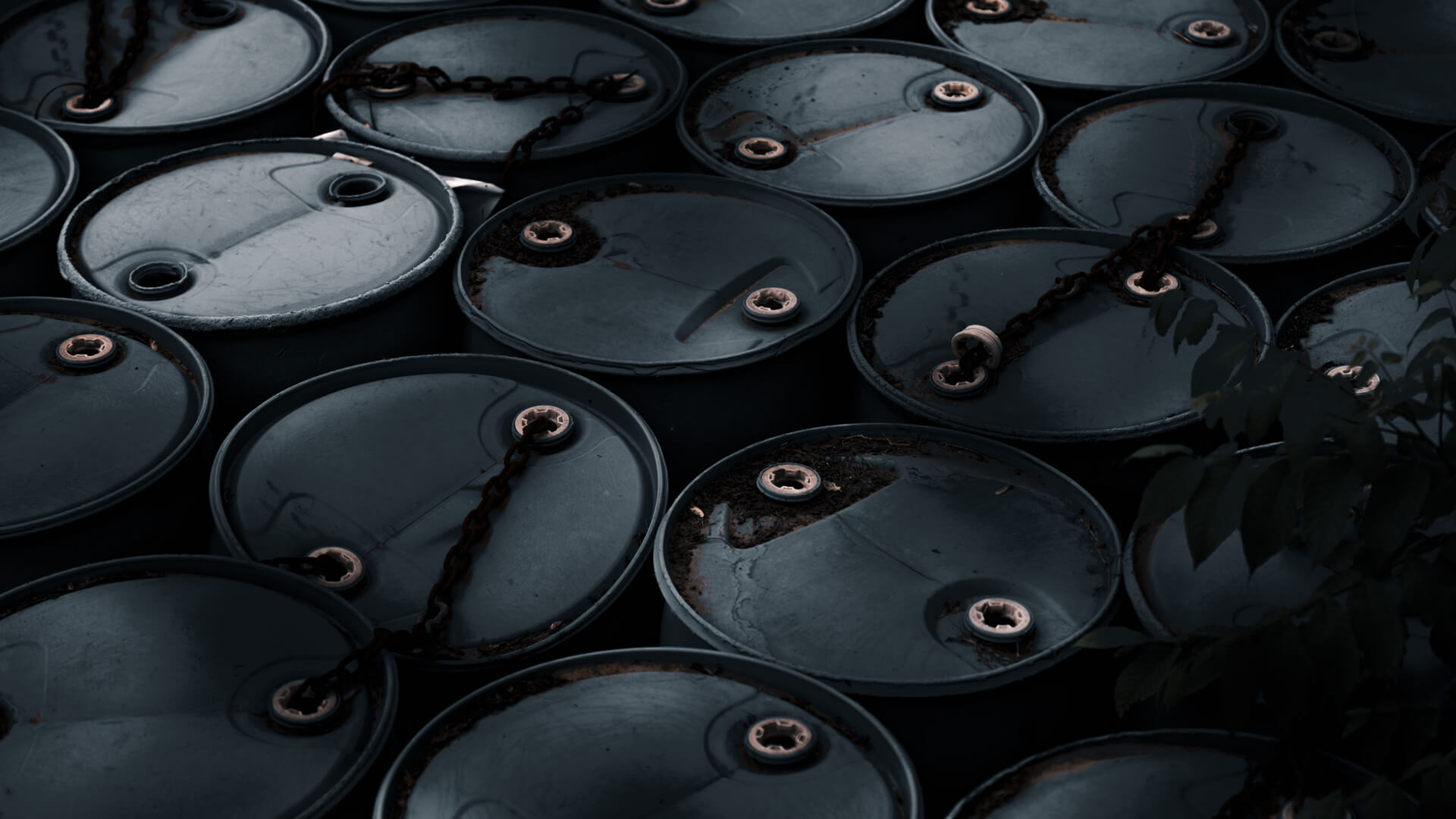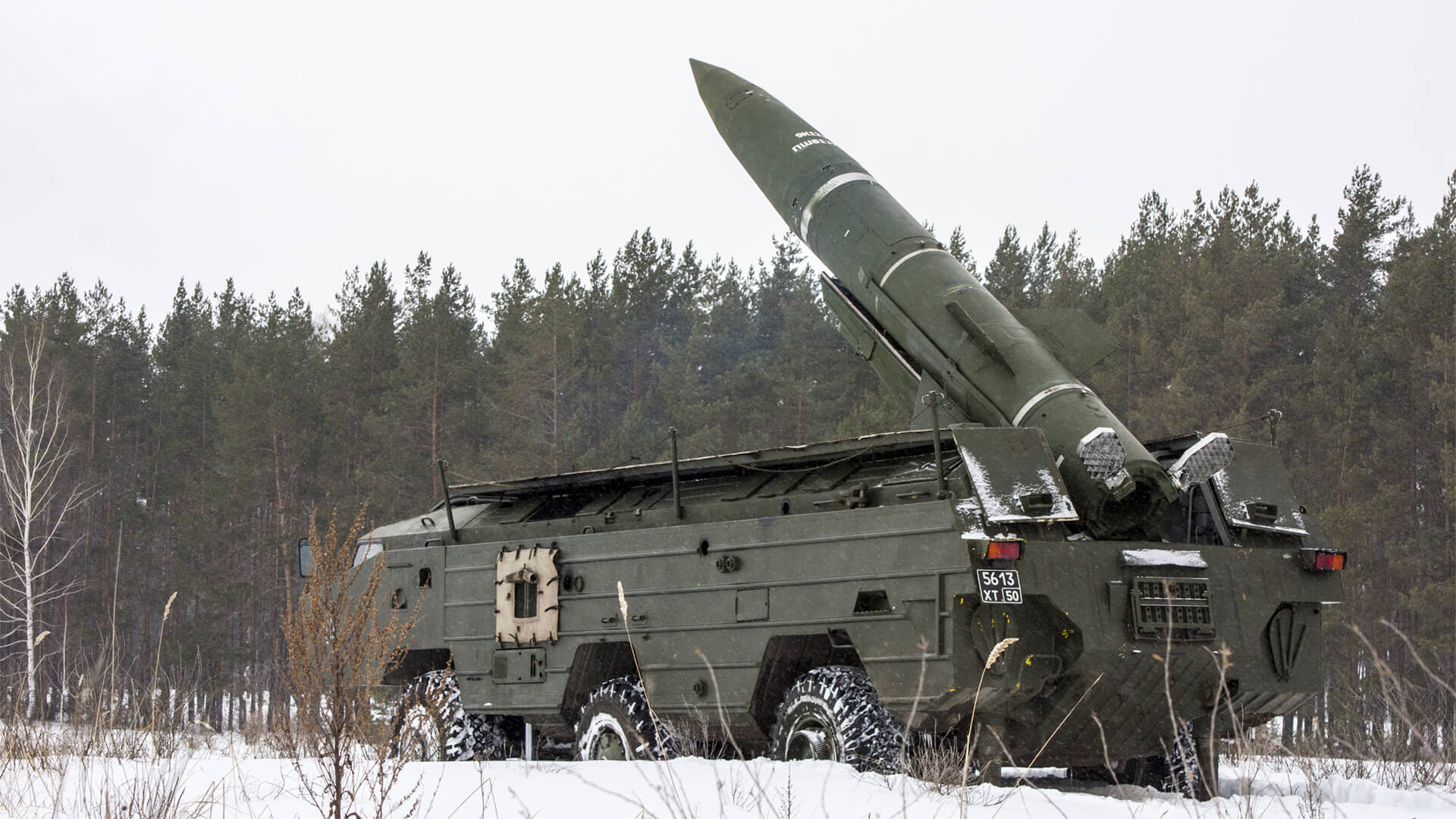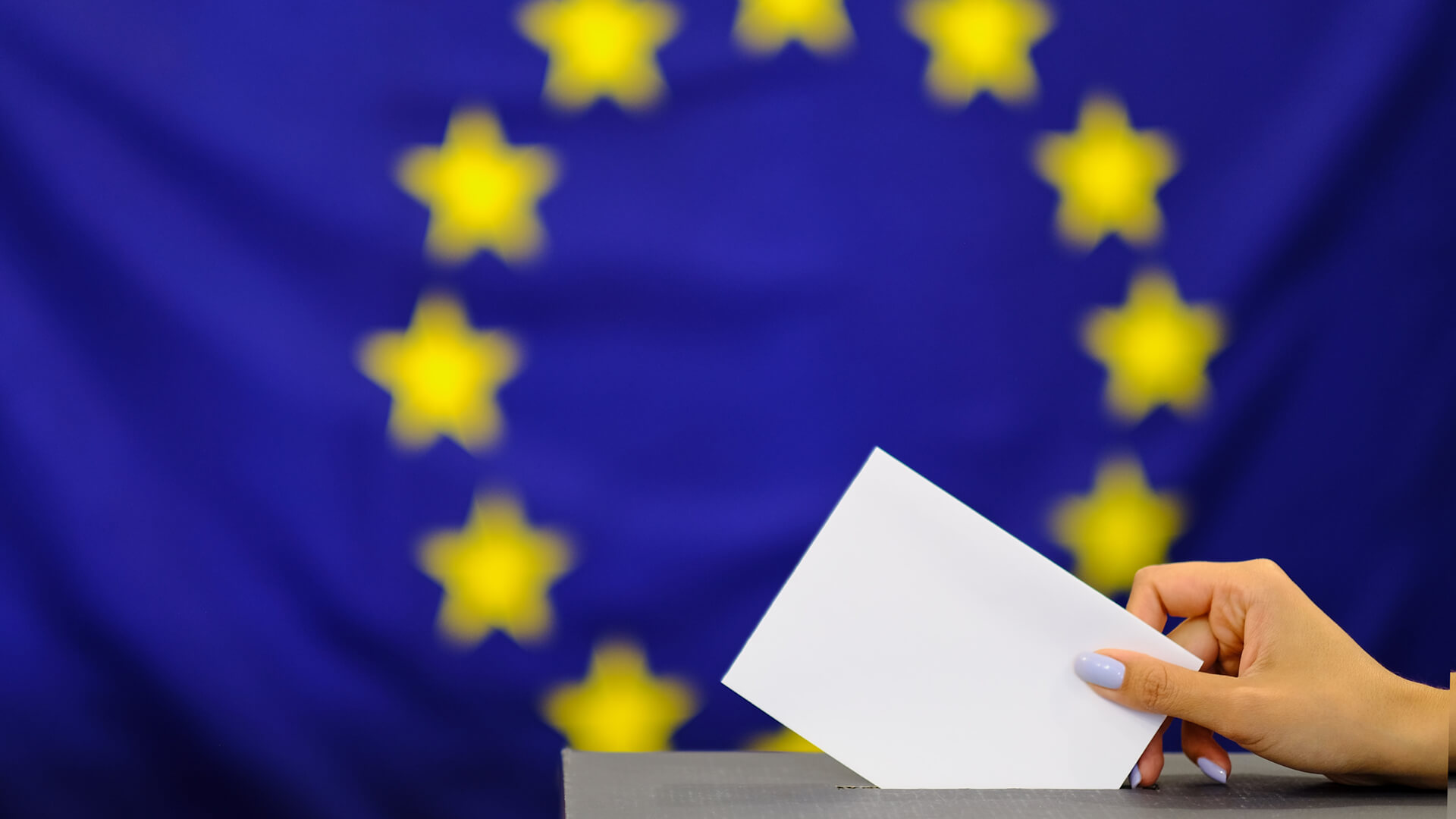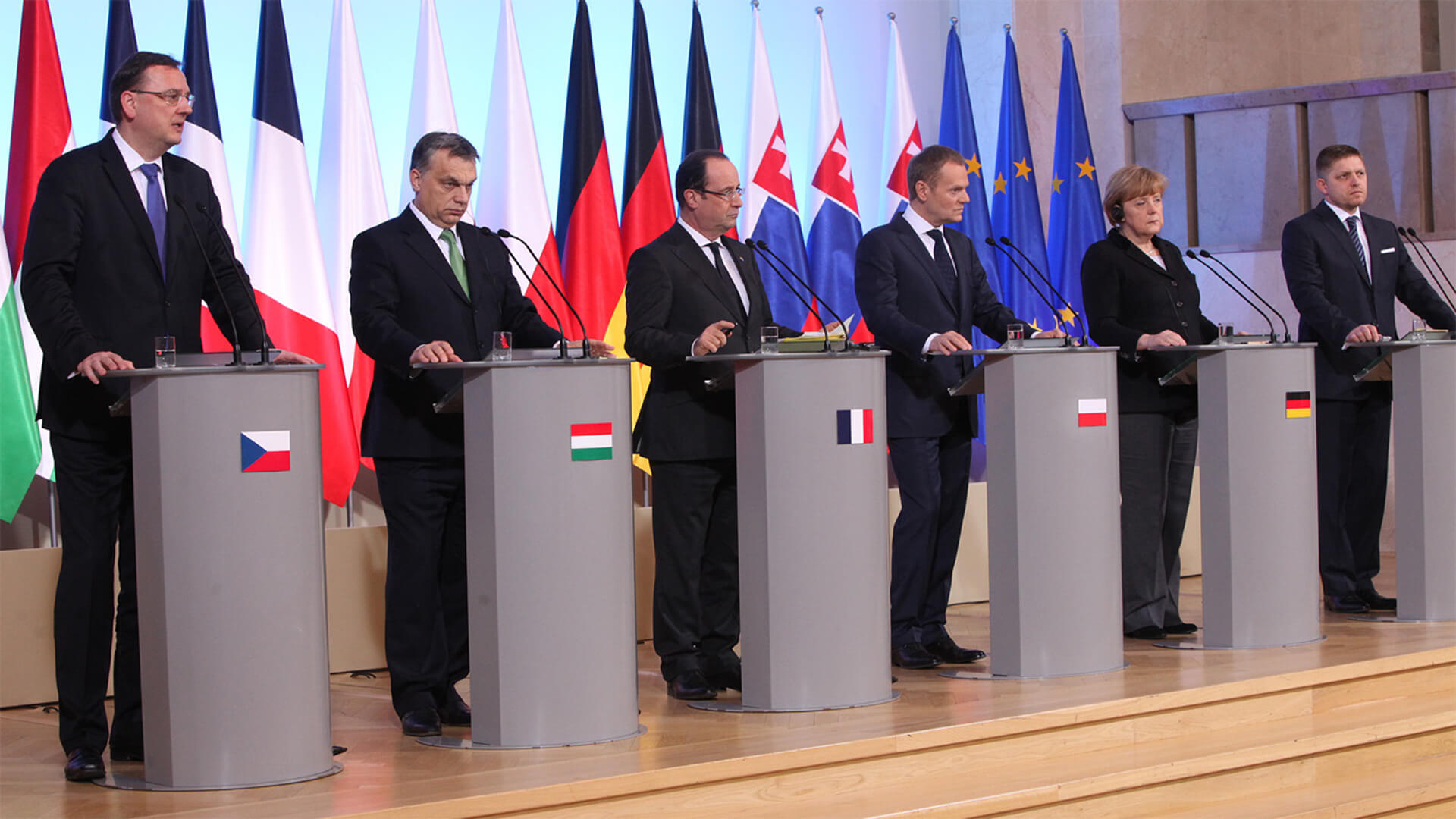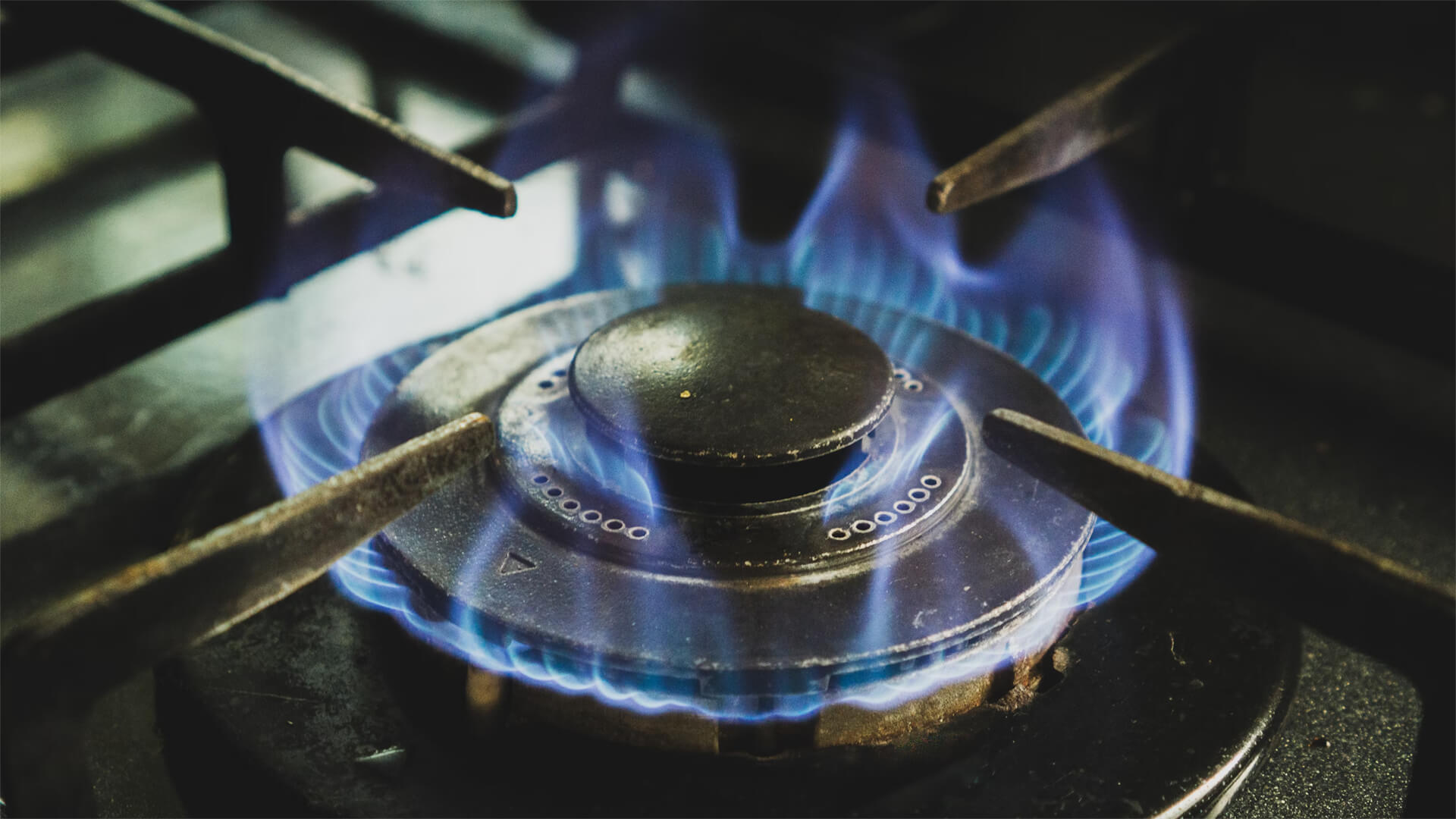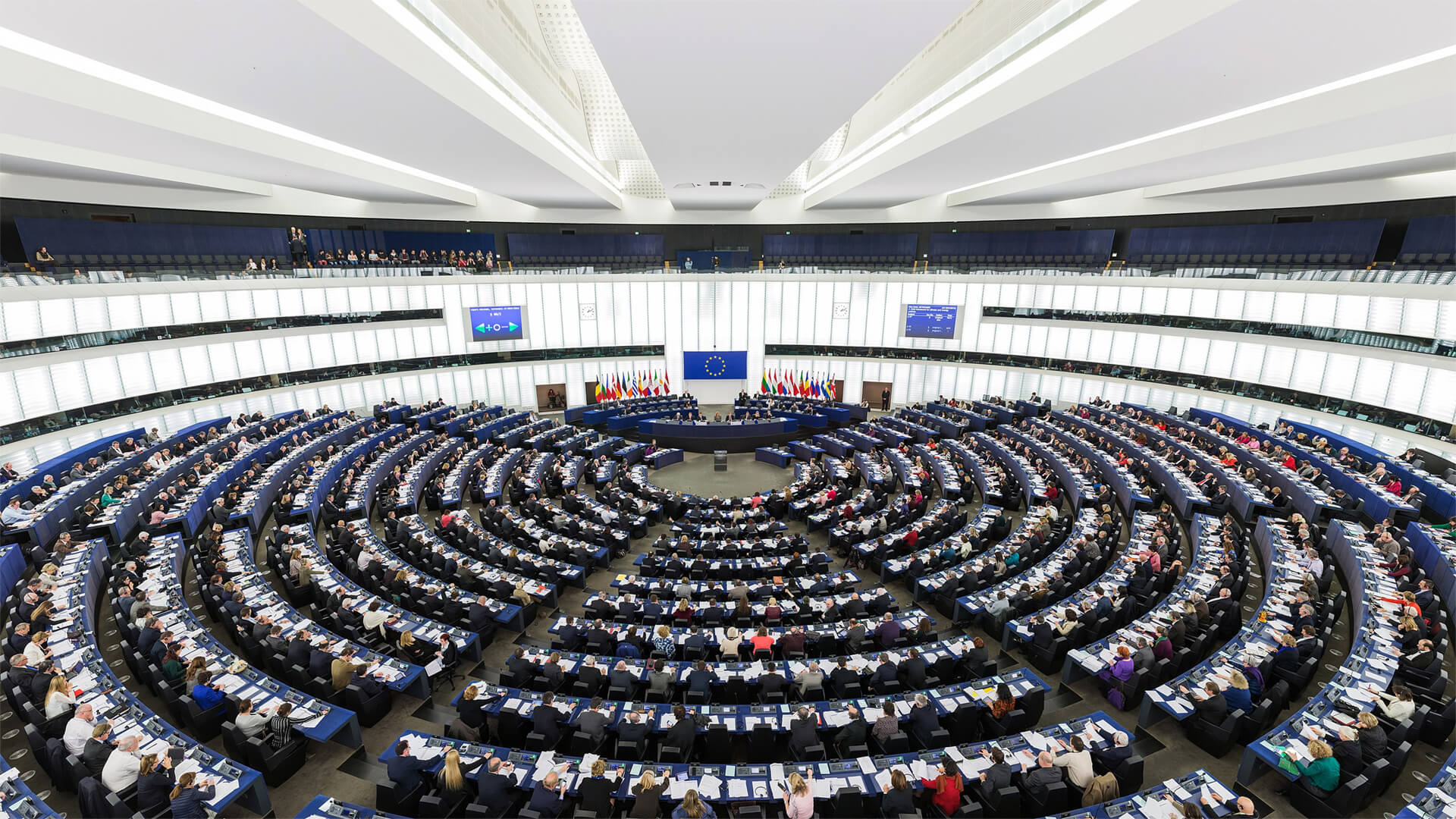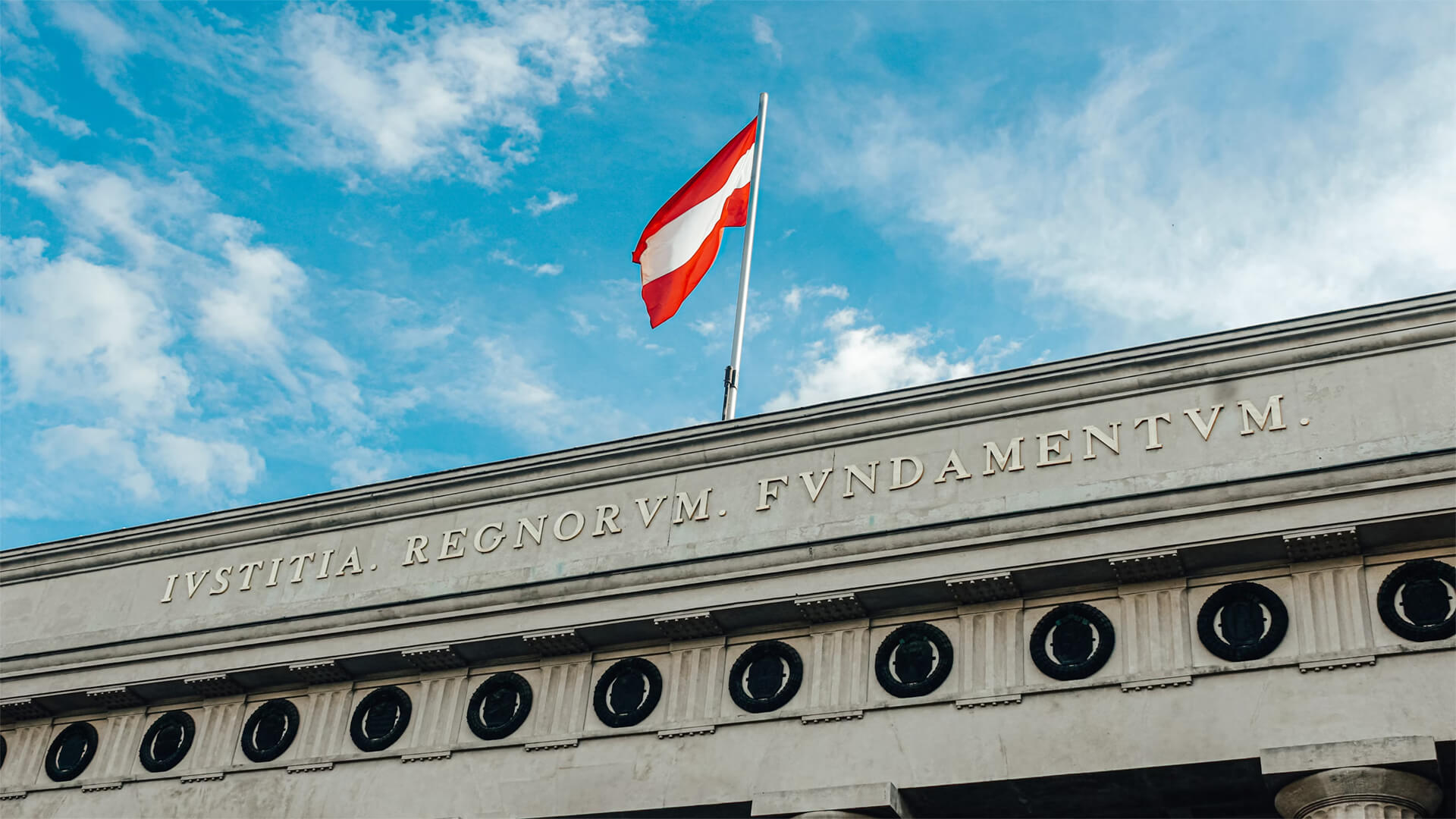The last few videos have covered all the things that Trump is focusing on (and doing wrong), and many of you have asked where he SHOULD be spending his time. So, today we’re discussing the things that should be prioritized.
The US has a unique global position, its economy is strong, it has a powerful military, and it’s largely self-sufficient when it comes to energy and food. With that in mind, here are the four main opportunities I see: Europe, the UK, Southeast Asia, and Cuba.
Each of these places offers the US something it could use in the decades coming. Whether that’s a foothold in reshaping European economics and diplomacy, adding the UK into NAFTA to strengthen economic ties, securing a future of industrial capacity in Southeast Asia, or adding a low cost manufacturing partner in Cuba.
Basically, I would stop spending my time antagonizing our allies and focus on strengthening our economic and strategic partnerships.
Here at Zeihan on Geopolitics, our chosen charity partner is MedShare. They provide emergency medical services to communities in need, with a very heavy emphasis on locations facing acute crises. Medshare operates right in the thick of it, so we can be sure that every cent of our donation is not simply going directly to where help is needed most, but our donations serve as a force multiplier for a system already in existence.
For those who would like to donate directly to MedShare or to learn more about their efforts, you can click this link.
Transcript
Hey, all. Peter Zeihan here coming to you from Colorado. We’ve been doing a number of pieces on how Donald Trump is, manipulating the world for various outcomes. A lot of you have written in and asked me, well, what should he be working on? And I’m going to assume that you’re asking that in a constructive way.
So here we go. Remember that we are in this weird moment in history where the United States is really the only country of size that has a positive demographic structure and so still has a consumption led economy. We’ve got military reach, around the world. We have navy that’s more powerful than the next eight put together, if not all of them self-sufficient, energy, self-sufficient in food.
We’re really holding the handle of the whip on everything that matters. The question is how we want to use it. And if you look around the world, the opportunities are just robust. Right now in the Middle East, Iran has suffered a generational blowback. It’s lost its allies and Hezbollah and, Syria and the time is here to completely remake the region, really, however we would want.
We’ve got something similar going on in China as it’s facing demographic, financial, transportation and strategic collapse. Ten years from now, China won’t exist. And by the end of this century, the Han of necessity won’t exist. Talk about just a wondrous opportunity to shape things in a different way. Donald Trump instead is, picking fights with all of the allies, specifically the allies that we’re going to need to help re fabricate the future, especially our own in terms of manufacturing.
So I look for the low hanging fruit that is out there right now, of which there is an immense volume. Let’s start with Europe. Germany is in the midst of an election campaign. No matter who wins, it’s going to be a weak government with three parties. It’s going to be very difficult for to lead at home and impossible for it to lead on the European stage.
In France we have a hung parliament, and if we have elections again this year, that locks the French out of policymaking for at least six months, assuming they come up with a new government that’s actually cohesive, which is very unlikely. I mean, the France is kind of out to lunch.
Italy has a reasonably strong leader in the form of Giorgia meloni. But she too leads a coalition government, and she can only go so far. And then the Brits are gone because of Brexit. So there is no leadership in Europe. If you wanted to take control of the continent from an economic and a diplomatic point of view and reshape how it works for generations, now is the time. And instead we had JD Vance at the Munich Security Conference talking to the Europeans about how European cultural evolutions are a greater threat to the United States than either Russian nuclear weapons or Chinese predatory practices and cyber, attacks.
It was easily the most destructive speech that I could have come up with in terms of solidifying the alliance against the Russians, against the Chinese, to create a new world. And I’ve never seen so much diplomatic and political power by any country pissed away in 45 minutes. But that’s where we are. I don’t know if it’s too late to kind of pick up the pieces, but clearly keep Vance away from all of them.
That opportunity, unfortunately, may have been destroyed in a single hour. Second up, the Brits, the Brits voted themselves out of the European Union several years ago. And if you’re like me and you see the demographic changes coming that the European Union is going to have to re fabricate itself from its current state as an export union to something else, because if you don’t have enough workers, you don’t have enough taxpayers.
All of the economic models that we have right now just don’t make sense. So getting out of that before the break and starting on something new, that made a lot of sense to me, puts the Brits never got started on anything new. They’ve just kind of been in this netherworld in the seven years since, and we now have a newish government in London that is giving fresh insipidus to the term disorganized destruction.
They can’t seem to form a policy on anything. They’re completely rudderless. Well, as the world did, China fires, we’re going to need some partners to build an industrial plant that can replace what the Chinese are going to take away with them as they fall. The United Kingdom is a first world country with a highly technocratic system and phenomenal engineers.
I would love to see NAFTA expand to take in the United Kingdom. And since the Brits can’t make any decisions right now, having somebody of Trump’s, how should I say, this delicate nature impose a solution on them would be brilliant. And instead, the administration has basically just ignored the United Kingdom altogether. Third is Southeast Asia. This is home to about a billion people.
We already count Vietnam as one of our top ten trading partners, a position it’s just gained in the last few years. And it is the part of the world that is most likely to pick up pieces of the industrial plant that the Chinese can no longer operate. Also, most of the countries in Southeast Asia already have lower operating costs.
It’s a geographic feature. Most of Southeast Asia is jungle and islands and, peninsula and mountain. So it’s really hard for them to integrate in the traditional sense. And people flock to the cities because they don’t want to work in tropical agriculture. What that means is most of the, states interact by water for their trade. They have limited physical connection.
So they don’t have any of the bad blood, like what has existed historically in Europe or Northeast Asia. It’s very easy for them to make economic deals with one another. And they have also because people are crowded in the cities, there are workforce is cheaper on average than the skill points that there are compared to the global average.
So they’re very, very competitive in any number of things. And as China falls, this is the region that’s going to do the best. And so a tighter relationship between North America and Southeast Asia is really the smartest play that we could take in terms of our trade and our future security and economic relations. And Trump on China has done almost nothing so far.
And on Southeast Asia it’s been crickets. But with the Americans basically ignoring East Asia, the Chinese are doing everything they can to double down and triple down in Southeast Asia to hedge out the United States. So the opportunity is still there. We should seize it with both hands. And then fourth, and finally is something much closer to home.
And that’s Cuba. We’re in this weird little situation right now where Mexico has become so high value added that it needs a low cost manufacturing partner. And I would argue that the workforce in Cuba is roughly half the skills of the Mexicans for about one tenth of the cost. So if Cuba were to be opened up and were to join the North American trading family in some way, it would be a huge addition.
Now, obviously there are some political problems between here and there. The United States and Cuba have not gotten along ever since Castro’s rise in the early 60s. But I would argue that while I think Trump’s bare knuckle approach negotiations with the allies is perhaps not the best way to go, unleashing that kind of fire and fury on Cuba, I think would be highly entertaining.
And it could actually lead to some political shifts in Havana that we would like a great deal. It’s not just about the economic side of things there. Getting Cuba back into the American family of nations is something that would hugely boost our security and basically make it impossible for anyone from the Eastern hemisphere to punch into the Western Hemisphere, or at least are part of it.
So those are kind of my big four. I quit picking fights with the allies, especially the ones, you know, you’re going to need for economic issues and start picking fights with the countries that, are actually trying to hobble you, maybe. And in the meantime, solidify relations with the countries that are on the fringes who could really be part of a very bright future.

